Rooted: How & Why Cambridge Plants Its Educational Approach in History
By: Esther Powell, 5th Grade Unit Teacher
At Cambridge School we divide our years of study into time periods called “History.”
People might think we do this for the sake of scope and sequence, or to make sure that we move in our content from one grade to the next without repeating the same material.
These are practical outcomes of our approach, to be sure, but they are not the main reason our studies are rooted in history. Our reasons are found in three essential beliefs that we hold about history itself.
1. What do we believe about history?
A Bible view of history is that it is God’s direction of all the events of time, from the beginning at Creation until Christ returns—when our history will end. So some people have called history “His Story,” meaning that God is writing a story in and through all that He has made.
His Story is about everything that is—from plants, animals, people, and space to wars, celebrations, literature, and art, and much more. Of course the most trustworthy account of God’s story is the Bible itself, which is the mirror by which we reflect all of our history studies.
But God has not written all of human history into the one book. We believe that the Bible is an infallible account of the key to all history, but it is not an exhaustive account of history. God has left much to be found out by us. He wants us to discover that part of the story which is not recorded in the Bible, and think about what God intends for us to learn from it.
His story is not only about what people do, but how people affect the story itself, how they respond to the times in which they live. We are players in His story.
2. History as story does not mean to imply that God wrote a finished story.
Quite the opposite! We believe that God is still writing His story, and that He is intimately involved in the unfolding of history—from its beginning at Creation, to its conclusion when the Kingdom is given back to Him by Christ.
Paul, in speaking of the present reign of Christ and how all things have been put under his authority, even though we don’t fully see it yet, wrote to the Christians of his day that there would come a time “when all things are subjected to him, then the Son himself will also be subjected to him who put all things in subjection under him, that God may be all in all” (1 Corinthians 15:28).
Paul wrote to the Ephesians that God, in the infinite riches of the grace which He has poured out on us, has drawn us into the mystery of his plan for history, “which he set forth in Christ as a plan for the fullness of time to unite all things in him, things in heaven and things on earth” (Ephesians 1: 9-10).
This is part of what it means to be a Christ-centered school. We believe that Christ is Lord of history, and that history is not a meaningless cycle without end. It is not a clock that has been wound up, the maker of which has long disappeared, leaving us to wait for the clock to wind down.
History is going somewhere. It has an intentional beginning and an ultimate purpose.
3. With history as our starting point, we have a sure foundation for our integral units of studies.
“Integral” expresses our belief that all knowledge, whether local or global, is already connected in some way. Some people think that we teach thematic units of study, so that we can make a connection between our subjects, but it is actually the opposite.
We would not attempt to tie knowledge together if there were not already an inherent connection between the arts, sciences, religion, events of a time period, customs, and culture.
"We are not the makers of knowledge, but the discoverers of knowledge."
Knowing there is a connection between our various subjects of learning, we approach our studies somewhat like a jeweler studies a diamond. Our diamond is of the highest quality and is being cut into a stone with endless facets. Each integral unit of study is a look at one or two of the facets of that diamond.
The diamond already exists. It already contains the facets. So too, the meaning and purpose of history has endless facets. There is almost no limit to the ways in which we can approach any one period of history
With this in mind, each grade at Cambridge experiences and digests a particular era of history, beginning with Creation and ending with modern history.
Kindergarten, 1st, and 2nd grades focus on natural history. Kindergarteners are invited to explore God’s world, making discoveries in topics from “winged things” to marine life to occupations and beyond.
1st graders explore culture—how people move, traditions they establish, and what it means to be a state and a country, among other things.
2nd grade is all about the biomes of the world. From the wet ocean waves to the dry deserts 2nd graders learn about God’s vast land creations and how to care for them.
Beginning in 3rd grade, history is taught chronologically, allowing our students to get a fuller picture of God’s story and their place in it.
In 3rd grade, students dig deep into Ancient Civilizations.
4th grade studies world history from Byzantium to the foundations of Islam.
5th grade covers the Renaissance through the Reformation.
Our middle school students, grades 6-8, study U.S. and World History, from the early settlers all the way to modern times.
Read about why each class, every year, starts with Creation here (COMING SOON!).
